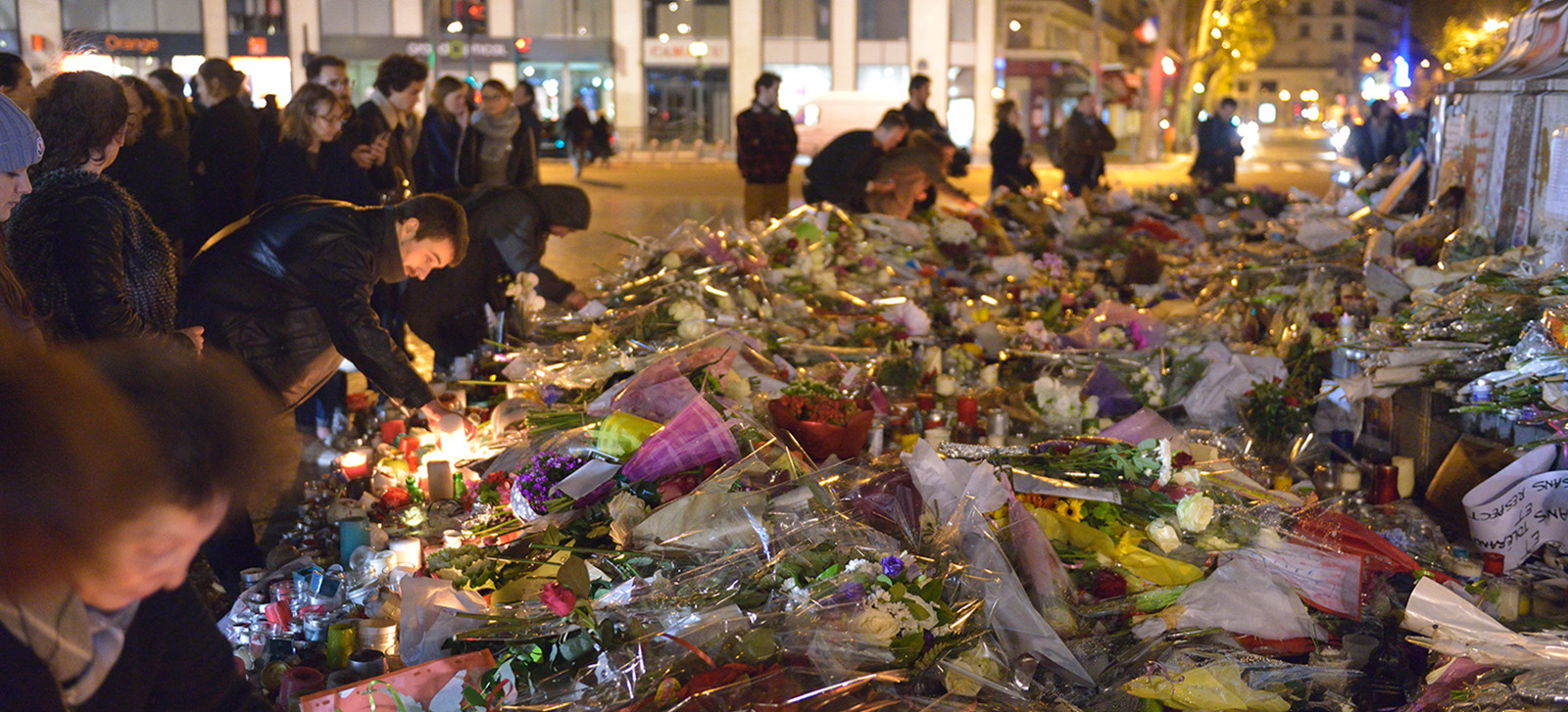
A Tale Of Two Investors: How DIY Investors Are Reacting To COVID-19
ARTICLE BY
Tony Coulson
Originally published on Tuesday December 27, 2016 in The Globe and Mail
Over the past couple of decades, Canadian society has been evolving toward a more open and flexible outlook: a worldview that sees diversity as an asset and cross-cultural interaction as an opportunity instead of a threat. But not all Canadians welcome this change, and recent events seem to be strengthening the will of those who believe that people coming to Canada from elsewhere are more likely to bring trouble than valuable energy and ideas. One example: Canadians’ attitudes about terror attacks and the steps to be taken to avoid them.
Over the past couple of decades, Canadian society has been evolving toward a more open and flexible outlook: a worldview that sees diversity as an asset and cross-cultural interaction as an opportunity instead of a threat. But not all Canadians welcome this change, and recent events seem to be strengthening the will of those who believe that people coming to Canada from elsewhere are more likely to bring trouble than valuable energy and ideas. One example: Canadians’ attitudes about terror attacks and the steps to be taken to avoid them.
Most Canadians consider it at least somewhat likely that there will be a terror attack here over the next couple of years, including about one in four who consider an attack very likely. Asked to anticipate their reaction to such an attack, about two-thirds of Canadians say they expect to maintain their normal routines and not let the risk of another attack change their life. The other one-third expect to make changes in their lives, for instance reducing their visits to public places or changing travel plans to minimize risk.
recent events seem to be strengthening the will of those who believe that people coming to Canada from elsewhere are more likely to bring trouble than valuable energy and ideas
Find out how Environics can help your organization
Related insights

Bernice Cheung presents insights from recent survey outlining current acceptance rates of open banking among Canadians.

With World Health Day in mind, Vijay Wadhawan reflects on the shift from a "patient-centric" to "human-centric" approach within healthcare.

Bernice Cheung discusses the importance of building trust and confidence in Fintech, helping it flourish in Canada.
Toronto
366 Adelaide Street West
Suite 101, Toronto, ON
Canada M5V 1R9
416 920 9010
Ottawa
116 Albert St
Suite 300, Ottawa, ON
Canada K1P 5G3
613 230 5089
Calgary
421 7th Ave SW
Suite 3000, Calgary, AB
Canada T2P 4K9
403 613 5735
